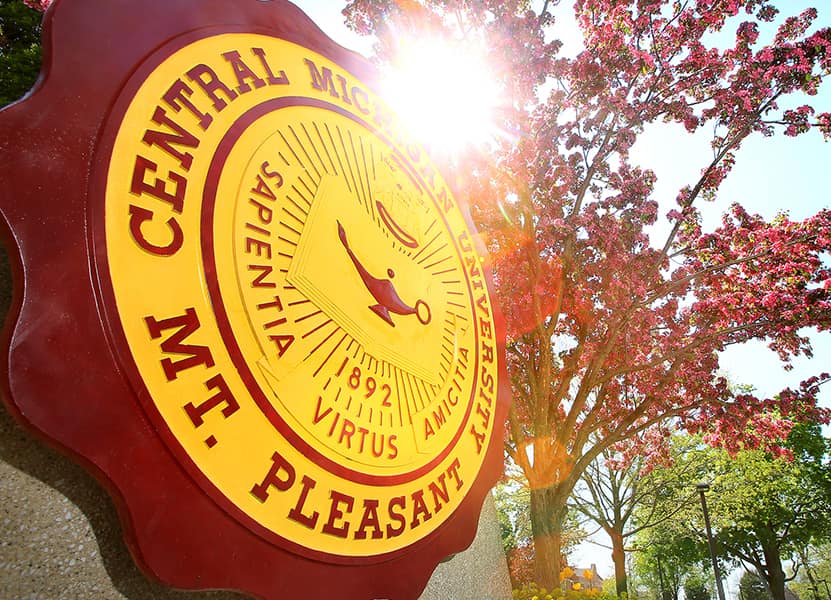Oakman’s financial records document land sales throughout metro-Detroit. His correspondence is mostly real estate related or regarding the Union Trust Company, although there are a few personal letters, mostly in the 1887-1921 and 1928-1944 folders. The correspondence is extremely acidic and fragile and should be handled with care. Of special note is a letter from Helen Keller (1880-1968) on behalf of the American Foundation for the Blind, Inc. (1927) and with the Dodge Bros., Inc. (1926). The correspondence was apparently kept in both alphabetical and chronological folders, resulting in this mixed arrangement.
The political materials document his Republican activities and interests. Of note here are the two letter press books which date from when he served as Pingree’s secretary when Pingree was campaigning to become Governor of Michigan. Most of this typed correspondence discusses how, where, and with whom to start Pingree Clubs in numerous Michigan towns.
The biographical information provides an interesting picture of Oakman’s career.
Two photograph albums show the Oakmans on vacation, at home, with friends, and their yacht. Among their friends were Francis, Dan, Horace, and John Dodge and Gar Wood. Two oversized scrapbooks, 1892-1944 and 1924-1946, include correspondence, greeting and holiday cards, programs, and newspaper clippings about the Oakmans.
Biography:
Robert S. Oakman (August 21, 1860-October 1942) was born, worked, and died in Detroit, Michigan. He married Mamie Rose Moross, of the famous northeast Detroit family, in August 1887. He was a real estate agent, dealer, broker, and seller in Detroit.
An active and powerful Republican, from 1890 to 1896 he worked as secretary for Hazen S. Pingree (1840-1901), Mayor of Detroit, while Pingree considered running as governor of Michigan. Pingree served as Governor of Michigan, 1897-1898. Oakman then advanced from city assessor to membership in the state’s first State Tax Commission. He later resigned from this position to work as a tax expert for Detroit United Railway, which to an interest in buildings and real estate. His political influence secured Detroit’s first filtration plant and the first separate Michigan women’s prison at Northville.
Believing Detroit would soon expand into the suburbs, he bought extensive real estate holdings to the northeast side of Detroit prior to 1893. He then became a wealthy man, in the first year earning over $9,000 in profits. In 1917, he donated property he owned to connect Woodward and Michigan avenues, which was named Oakman Boulevard. He planned and laid out modern residential areas of Detroit, particularly on the northeast side of the city.
Oakman was a member of many organizations including the Masons, Grosse Pointe Yacht Club with his yacht the “Mamie O.”, and the Humane Society. He was also a member of the Detroit Board of Commerce and a director of the Union Trust Company in Detroit. (This information is from the collection.)
